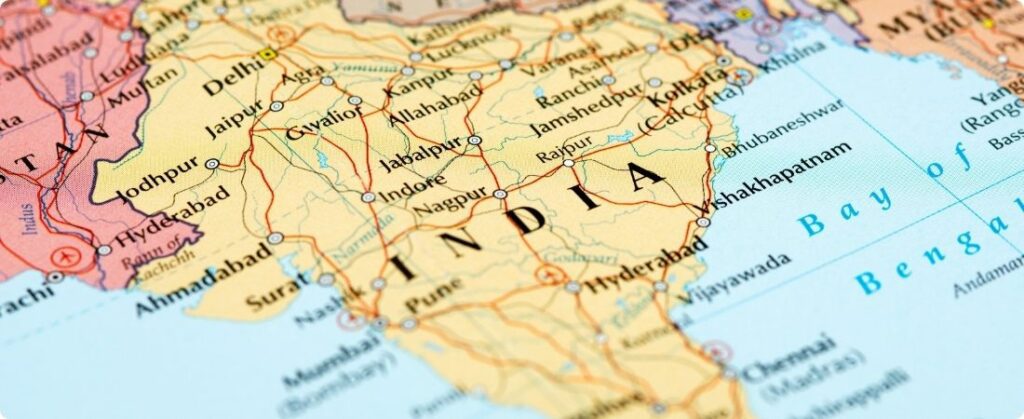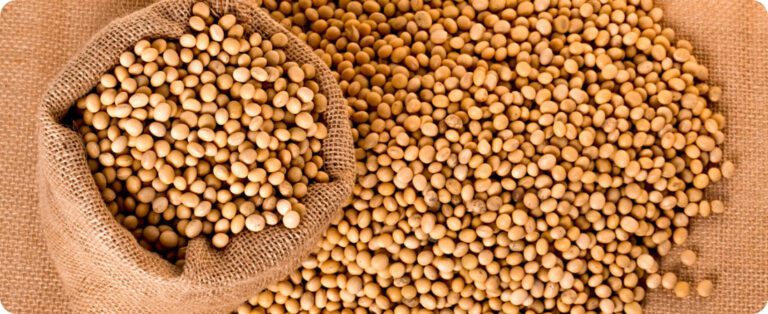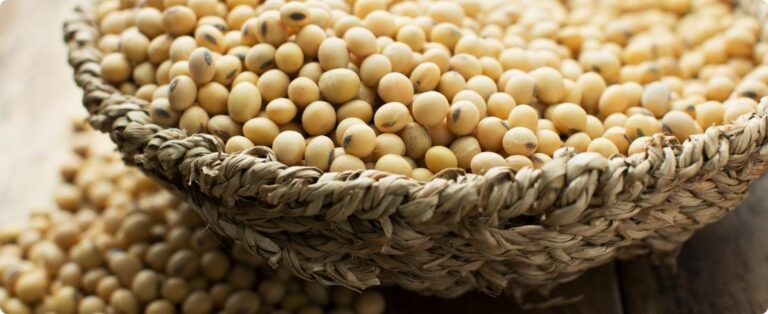
India is set to enter the summer season with one of the hottest Marches on record. Above-average temperatures for much of the month pose a significant threat to the productivity of the maturing wheat crop, sources at the India Meteorological Department (IMD) have warned.
As the world's second-largest wheat producer, India is counting on a bumper harvest in 2025 to avoid costly imports, especially after three consecutive years of low yields since 2022. However, if temperatures continue to rise, the country could face another year of difficult wheat production.
Impact on Harvests and Possible Government Measures
High temperatures, consequently, could compromise wheat productivity for the fourth consecutive year. As a result, supply could be reduced, forcing authorities to review import policy. In addition, the government may be forced to reduce or even eliminate the 40% import tax in order to allow purchases from abroad and thus avoid a supply crisis.
On the other hand, daytime temperatures are expected to start rising from the second week of March. By the end of the month, many states could therefore record highs above 40°C. This scenario is worrying. In the past, a sudden increase in temperature in February and March has already impacted wheat production. As a result, in 2022, this situation led India to ban exports of the grain.
Crops at risk and price pressure
Wheat-growing states in central and northern India are expected to face temperatures up to 6°C above average, damaging crops such as wheat, chickpeas and rapeseed. These winter crops require milder temperatures to ensure optimal yields, but can suffer heat stress due to excessive heat.
With wheat supplies tight, prices of the grain in India have hit record highs this month. “If March continues to be hotter than normal, wheat production could take a big hit,” a New Delhi-based trader warned. He said the situation is raising concerns about supplies. Moreover, the impact on the domestic market could be significant.
Source: Rajendra Jadhav, Mayank Bhardwaj and Mrigank Dhaniwala | Notícias Agrícolas















